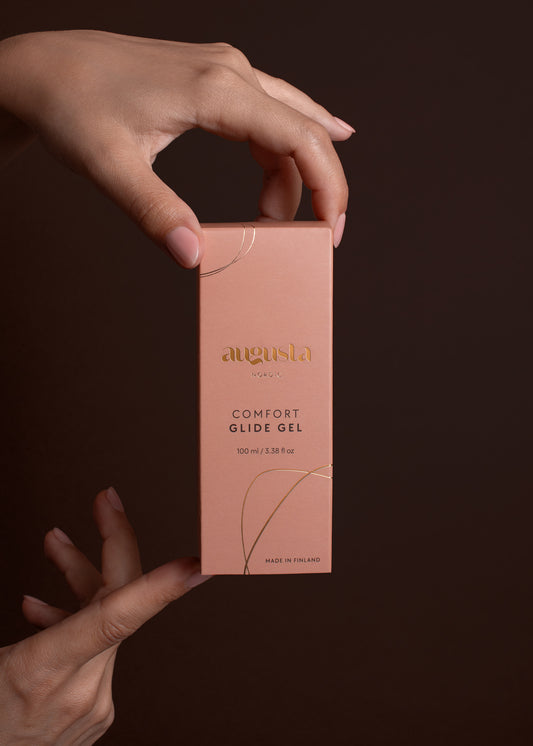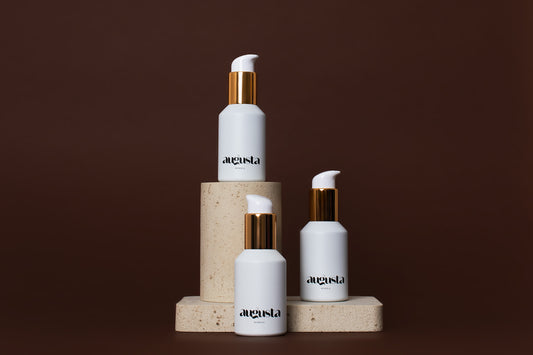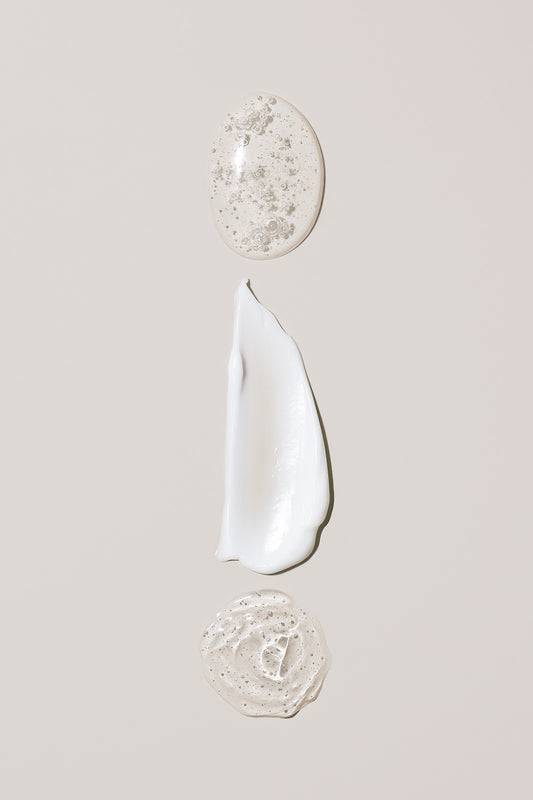For many, menopause brings changes that can be surprising and, at times, frustrating. One such challenge is recurring urinary tract infections (UTIs). If you’re finding yourself dealing with more frequent UTIs during this stage of life, you’re not alone, and there are ways to manage this common issue.
Let’s explore why these infections are more likely to occur during menopause and what you can do to protect your urinary health.
Why Are UTIs More Common During Menopause?
The answer lies in your body’s changing hormone levels and how they affect the urinary tract and vaginal environment.
- Thinning mucous membranes: With the decline in estrogen, the tissues lining your urethra and bladder become thinner and less resilient, making them more vulnerable to irritation and infection.
- Changes in vaginal pH: Estrogen plays a key role in maintaining an acidic vaginal environment, which helps keep harmful bacteria in check. As estrogen levels drop, vaginal pH becomes less acidic, allowing bacteria like E. coli to thrive.
- Reduced beneficial bacteria: Lactobacilli, the good bacteria that help protect your urinary and vaginal health, decrease with menopause, leaving you more susceptible to infections.
These changes create a perfect storm for bacteria to travel up the urethra and cause recurrent UTIs.
What Are the Symptoms of a UTI?
UTIs can come on quickly and bring uncomfortable symptoms, including:
- A strong, persistent urge to urinate
- Burning sensation during urination
- Cloudy, dark, or strong-smelling urine
- Pelvic discomfort or pressure
- Blood in the urine
If these symptoms appear frequently or don’t go away with treatment, it’s important to see a healthcare provider.
Preventing Recurring UTIs During Menopause
While recurring UTIs can be frustrating, there are proactive steps you can take to reduce your risk and support your body:
- Stay hydrated: Drinking plenty of water helps flush out bacteria from your urinary tract.
- Urinate after intimacy: This simple habit can help prevent bacteria from traveling up the urethra.
- Support vaginal health: Use hormone-friendly products designed to nourish thinning vaginal tissues and maintain a healthy pH.
- Avoid irritants: Steer clear of harsh soaps, douches, or products with strong fragrances that can disrupt your natural balance.
- Incorporate probiotics: Both oral and vaginal probiotics can help restore beneficial bacteria, improving your urinary and vaginal health.
- Practice good hygiene: Wipe from front to back and keep your intimate area clean, but avoid overwashing, which can strip away protective moisture.
When to Seek Medical Advice
If UTIs become a recurring problem, don’t hesitate to reach out to a healthcare provider. They may recommend treatments such as:
- Topical estrogen therapy: This can help restore tissue strength and a more protective pH balance.
- Antibiotics: Sometimes low-dose or post-intimacy antibiotics may be prescribed to prevent infections.
- Lifestyle adjustments: A medical professional can provide tailored advice to reduce your UTI risk.


















